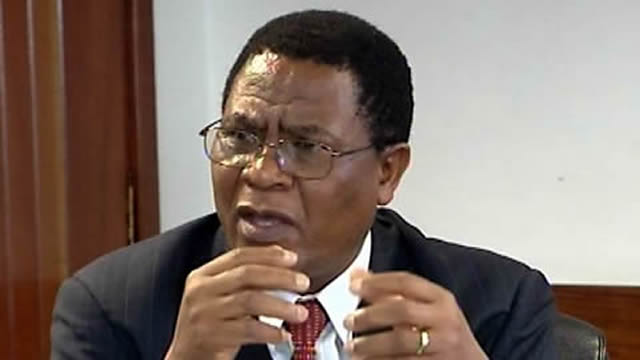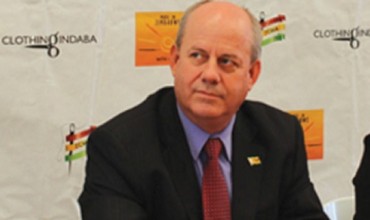Potraz defends mobile data charges

 THE Postal and Telecommunications Regulatory Authority of Zimbabwe (Potraz) has defended prices being charged for mobile data and internet services despite concerns from the public that telecoms players are inflating the costs to make up for reduced revenue from voice services. Potraz acting director general Engineer Baxton Sirewu said mobile telecoms firms were not inflating their data rates since the tariffs are regulated by the authority.
THE Postal and Telecommunications Regulatory Authority of Zimbabwe (Potraz) has defended prices being charged for mobile data and internet services despite concerns from the public that telecoms players are inflating the costs to make up for reduced revenue from voice services. Potraz acting director general Engineer Baxton Sirewu said mobile telecoms firms were not inflating their data rates since the tariffs are regulated by the authority.
“We actually regulate tariffs for data. The only difference is that the study that we carried out established a certain margin that was beyond what we consider normal for voice and it found that for data there were inefficiencies with the system and that the cost-build up is quite high,” he said.
“Our approach on data is a different from that of voice. For data we say the operator should bring an application with a cost justified tariff proposal, we look at that and then approve or revert to the operator for adjustments. So it is a regulated service.”
In December last year Potraz’s ordered the three local mobile telecoms firms — Telecel, NetOne and Econet — to reduce their voice tariffs to 15 cents per minute from the previous 23 cents.
Since then mobile voice revenues for the three operators have been steadily declining.
According to a Potraz report for the quarter ending December 2014, the country’s mobile phone operators registered an 18 percent decline in revenue to $907 million in 2014 from the prior year.
In terms of data services, the local telecoms operators offer options such as WhatsApp bundles, Twitter, Facebook bundles and Opera Mini bundles among others, but users have often complained of “disappearing airtime”, with regards to use of these services.
Eng Sirewu said although Potraz had received numerous complaints from the public, the real problem could lie with the service users themselves.
“We’ve a complaints handling mechanism within Potraz and we’ve received complaints relating to almost all the operators that are in the market, Econet included. What we’ve found out though is that some of the complaints relate to new technologies like smartphones,” he said.
“A smartphone is an intelligent device it keeps communicating with the network in the background updating some of the applications, so if it not properly configured you’ll find that you put in your $1 or $2 airtime and it gets chewed up due to the applications updates.
“But I can assure everyone that we act whenever we receive complaints and we don’t have any outstanding issues.”
The generally high cost of data has seen the usage of mobile data and internet services in Zimbabwe remaining fairly low.
Although the country’s mobile penetration rate has grown impressively by over 100 percent, the internet penetration rate (reflecting access) is hovering around 50 percent, which shows limited access to it by a significant portion of the population. – BH24.








Comments